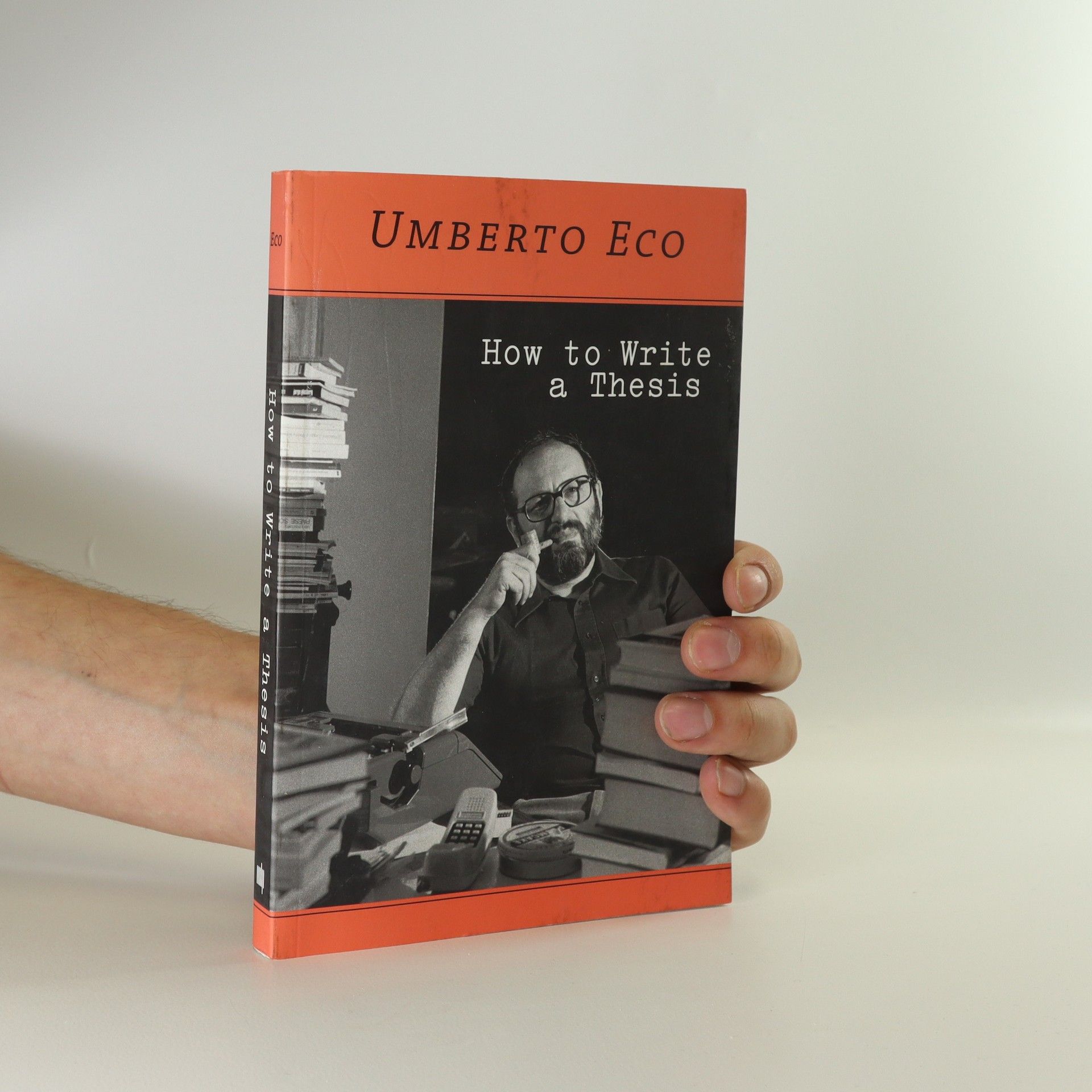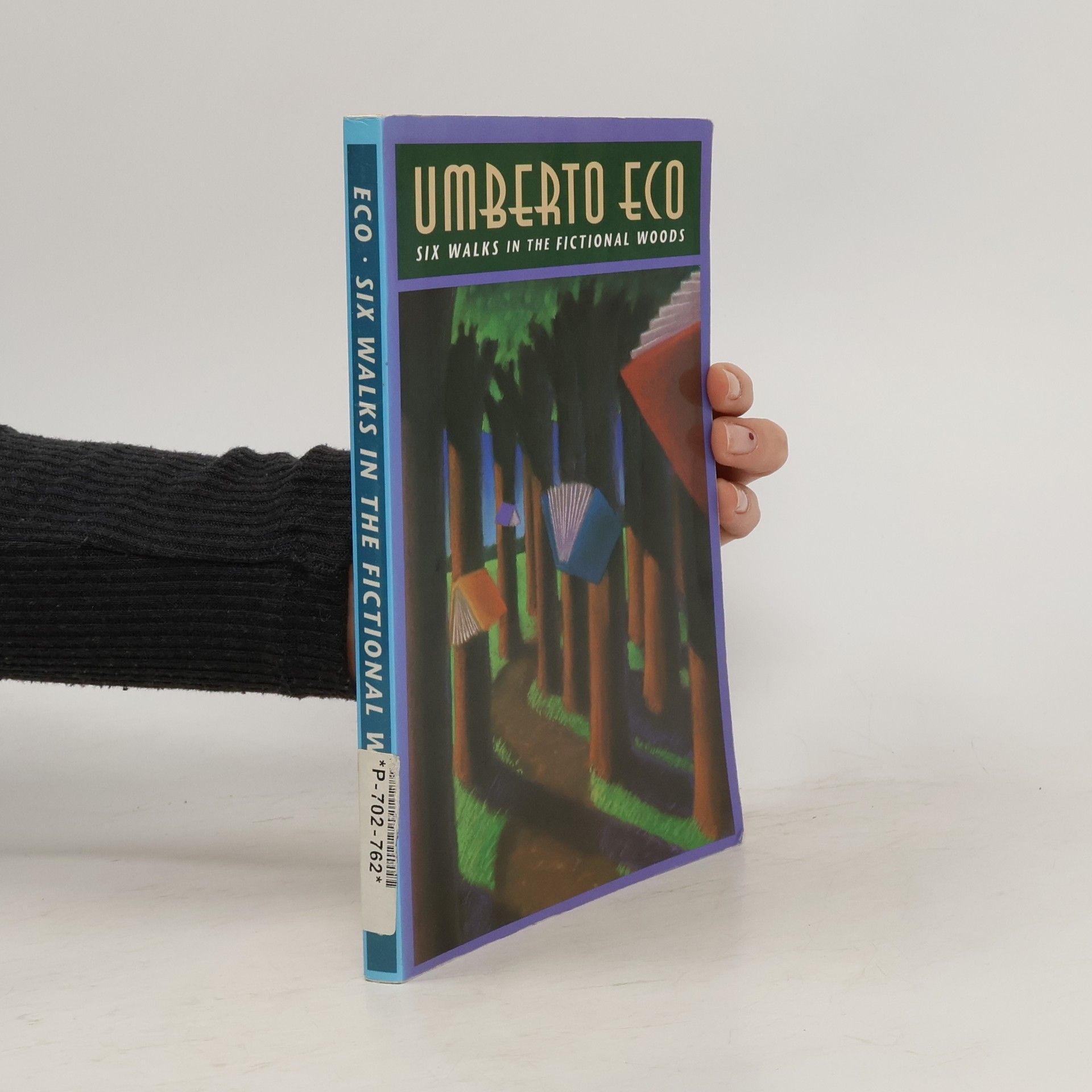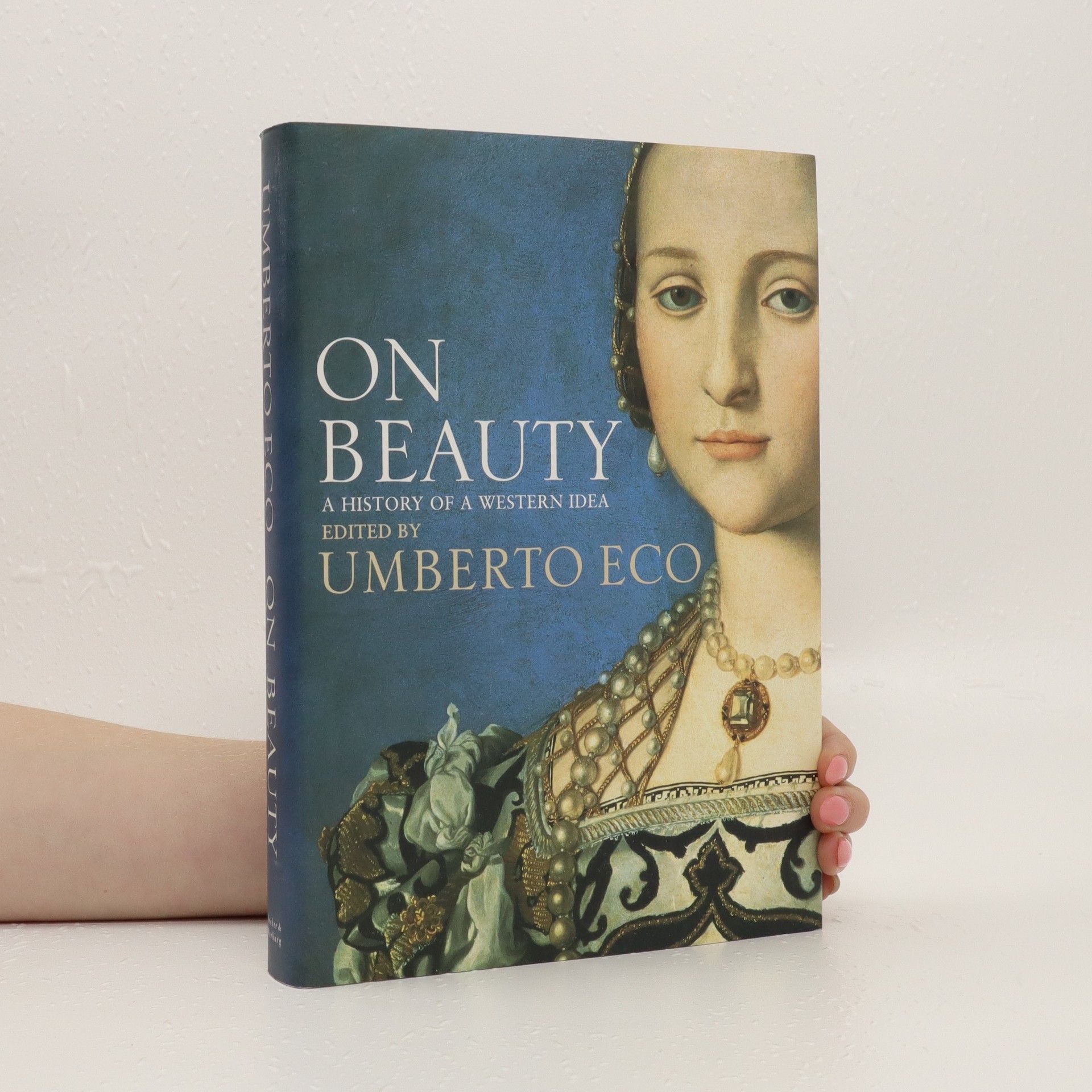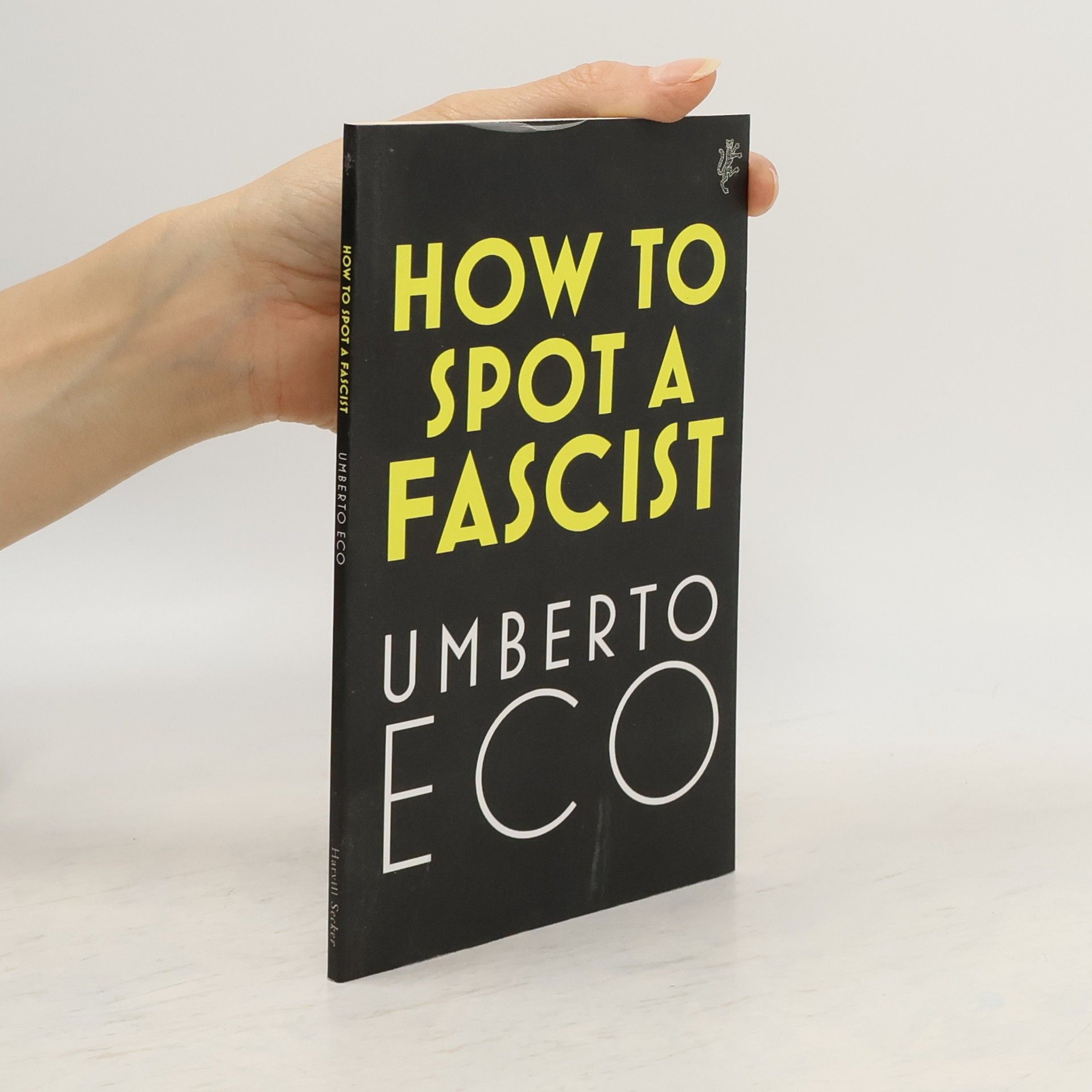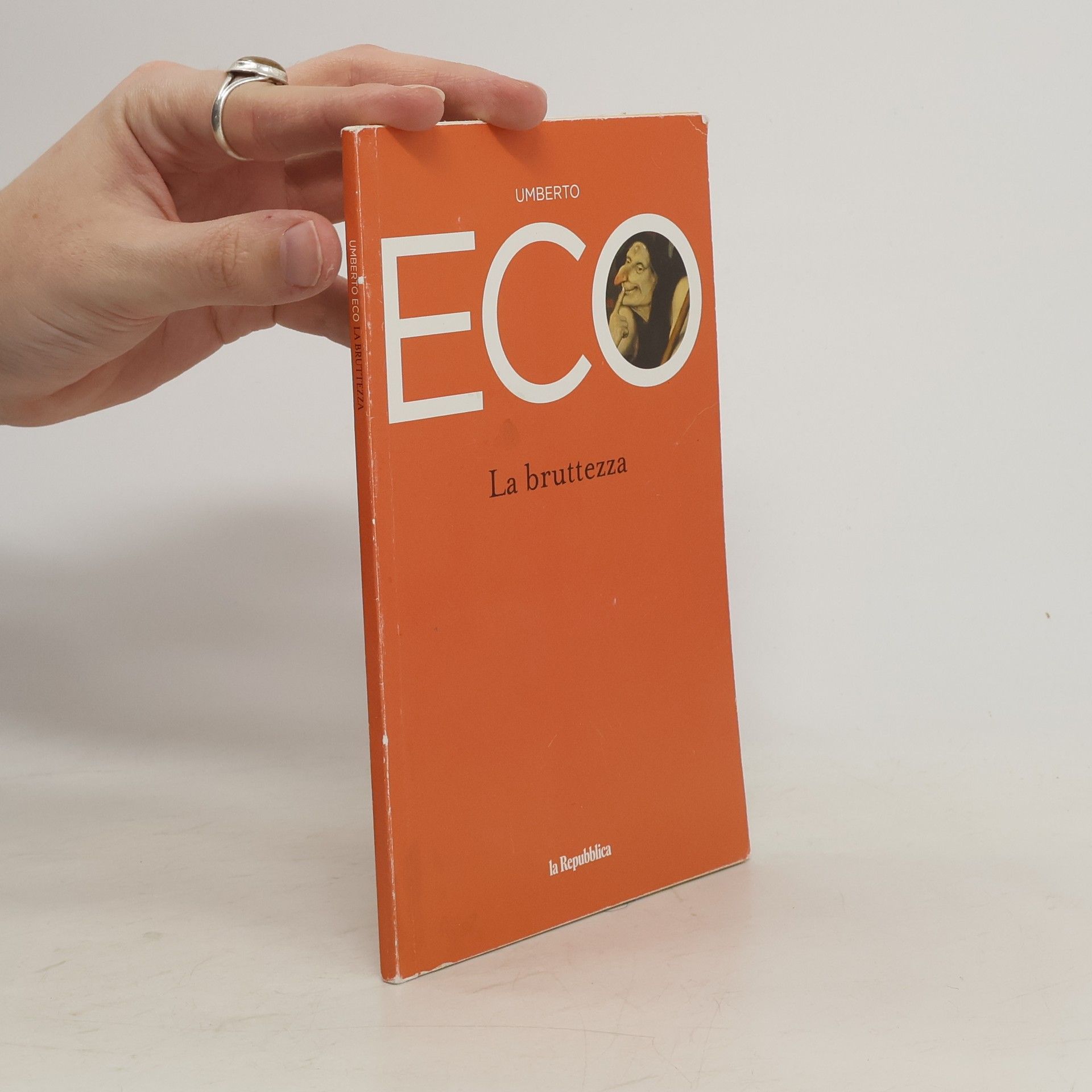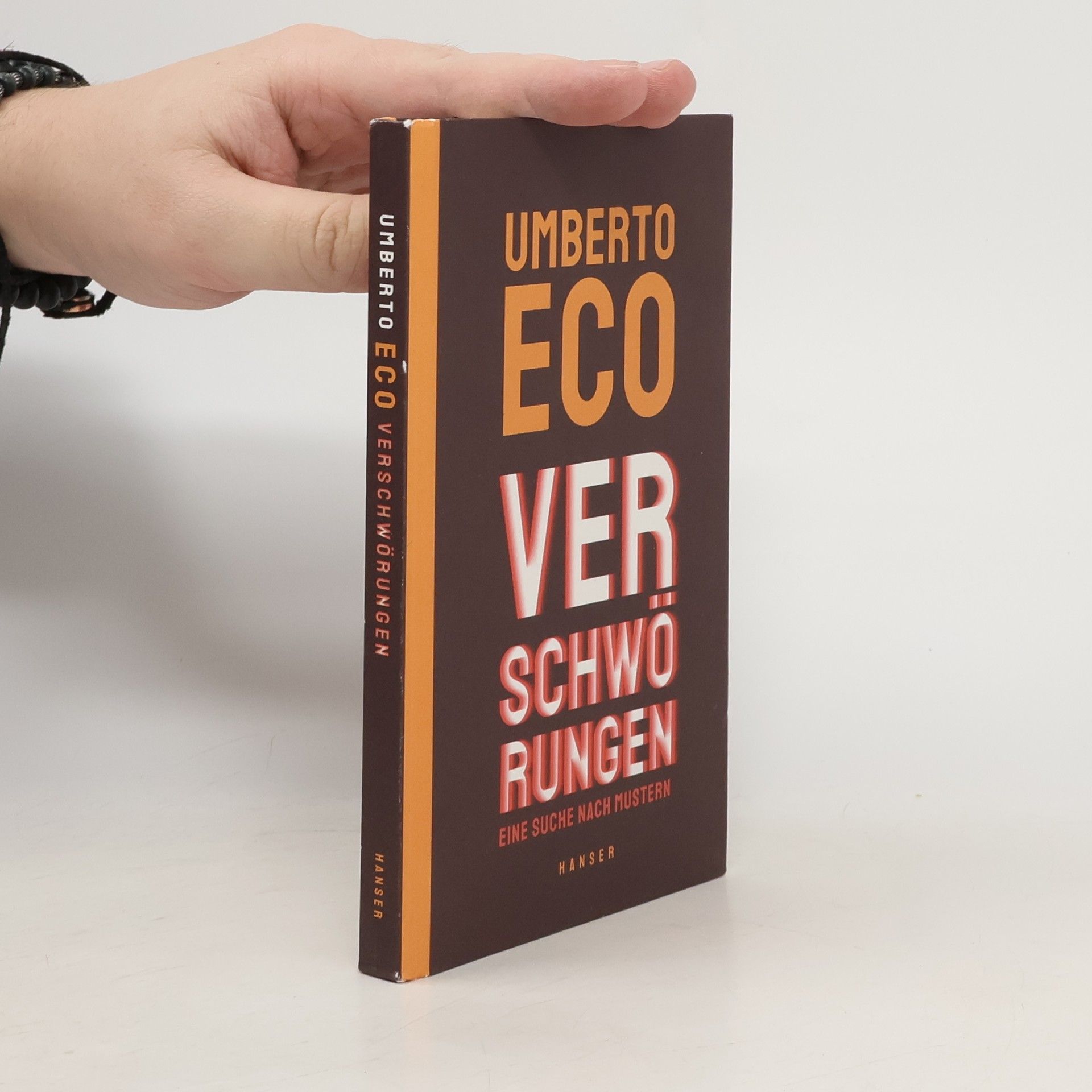Vom Leben und anderen Zumutungen
Gespräche mit Zeitgenossen
Giovanni di Lorenzos Interviews mit prominenten Zeitgenossen sind immer wieder ein Ereignis. Wir erfahren, warum Daniel Cohn-Bendit kurz nach seinem fünfundsiebzigsten Geburtstag erstmals seine jüdische Familiengeschichte erzählt. Staunen, dass Telekomchef Timotheus Höttges für das bedingungslose Grundeinkommen plädiert und Udo Jürgens sich nach umjubelten Konzerten manchmal wie ein Nichts fühlte. Nehmen Anteil an den Glaubenszweifeln von Papst Franziskus; spüren die Angst, die ein Despot wie Recep Erdoğan verbreitet. Durch die Intensität der Begegnungen entstehen spannungsreiche Portraits, die zugleich ein Spiegelbild der großen politischen und gesellschaftlichen Themen des vergangenen Jahrzehnts sind – Flüchtlingskrise, Pandemie, Krieg, Fremdenfeindlichkeit oder Cancel-Culture-Debatten. Lesend tauchen wir ein in die Überzeugungen und Biografien von Menschen, die auf unterschiedliche Weise die Gegenwart geprägt haben. Giovanni di Lorenzo schafft dabei eine Atmosphäre seltener Nähe und Offenheit, scheut aber nie die Konfrontation. Und entlockt so auch ausgebufften Medienprofis Dinge, die sie vorher öffentlich nicht gesagt haben.

